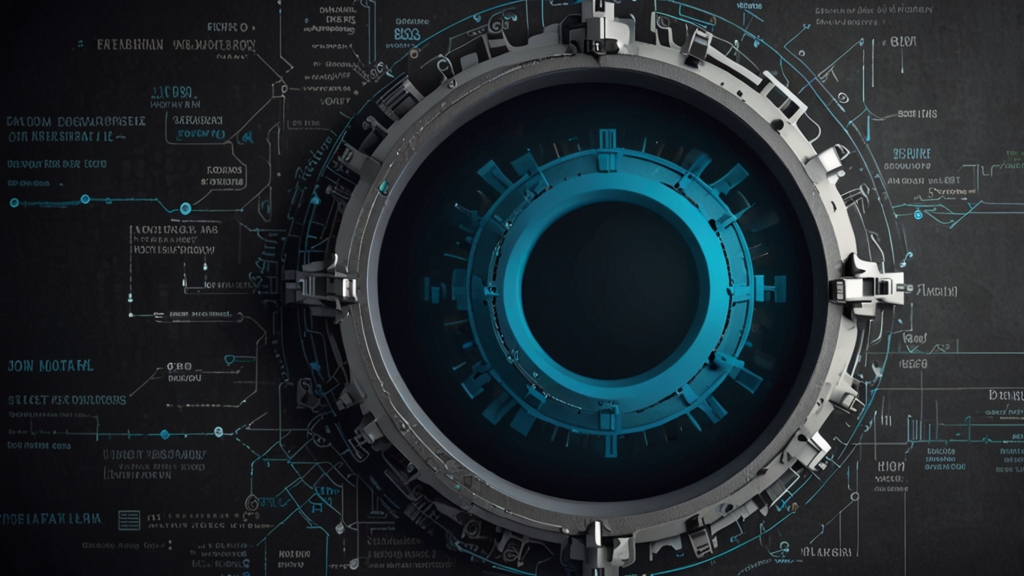Introduction
In an age where digital information is more accessible than ever, protecting your personal data has never been more crucial. Whether you're securing financial records, communication logs, or personal media, understanding how to safeguard your secrets is essential for maintaining privacy. This article will guide you through several essential tips to ensure you remain privacy-conscious in a digital world.
Strong Passwords and Encryption
One of the foundational elements of digital security is utilizing strong, unique passwords for each of your accounts. A robust password typically consists of a combination of uppercase and lowercase letters, numbers, and special characters.
"A strong password is the first line of defense against unauthorized access. Use a password manager to generate and store these complex passwords securely."
Beyond passwords, consider encrypting sensitive data. Encryption converts information into a code that is unreadable without a key, providing an additional layer of security. Many operating systems offer built-in encryption tools, or you can use third-party applications for enhanced protection.
Secure Your Devices
Your phone, tablet, and computer contain more personal information than you probably realize. Ensure that all your devices are secured with a passcode, fingerprint, or facial recognition. Regularly update your operating system and software to patch any vulnerabilities.
Additionally, enable remote wipe features that allow you to erase data from your device if it gets lost or stolen. Make use of anti-virus and anti-malware programs to detect and combat any malicious threats.
Be Cautious with Public Wi-Fi
Public Wi-Fi networks are inherently less secure than private ones, making them a potential hotspot for hackers. Avoid accessing sensitive accounts or performing financial transactions over public Wi-Fi. If you must use it, consider using a Virtual Private Network (VPN) to encrypt your internet connection and protect your data from prying eyes.
"A VPN creates a secure, encrypted tunnel for your data, significantly reducing the risk of interception by malicious actors."
Privacy Settings and Data Minimization
Review and adjust the privacy settings on your social media accounts and other online platforms. Limiting the amount of personal information you share can reduce the risk of data breaches and identity theft. Be mindful of the permissions you grant to applications and services, and disable those that are unnecessary.
Consider data minimization practices: only collect, use, and store the data that you absolutely need. The less personal information you hold, the less there is at risk of being compromised.
Two-Factor Authentication (2FA)
Two-Factor Authentication adds an extra layer of security by requiring a second form of verification in addition to your password. This could be a text message code, an email link, or an authentication app. While it may add a step to your login process, the increased security it offers is well worth the effort.
Stay Informed
Cybersecurity is an ever-evolving field, with new threats emerging regularly. Staying informed about the latest security trends, tools, and threats can help you stay one step ahead. Follow trusted tech news sources, subscribe to security newsletters, and participate in online forums to keep your knowledge up to date.
"Being aware of the latest security threats and preventive measures is a proactive approach to safeguarding your privacy in the digital age."
Conclusion
Protecting your privacy requires a combination of strong technical defenses and smart personal habits. By employing strong passwords, encrypting sensitive data, securing devices, using VPNs on public Wi-Fi, managing privacy settings, enabling Two-Factor Authentication, and staying informed, you can significantly enhance your digital privacy. Remember, safeguarding your personal information is an ongoing effort—stay vigilant, stay informed, and take every precaution to ensure your secrets remain secure.









